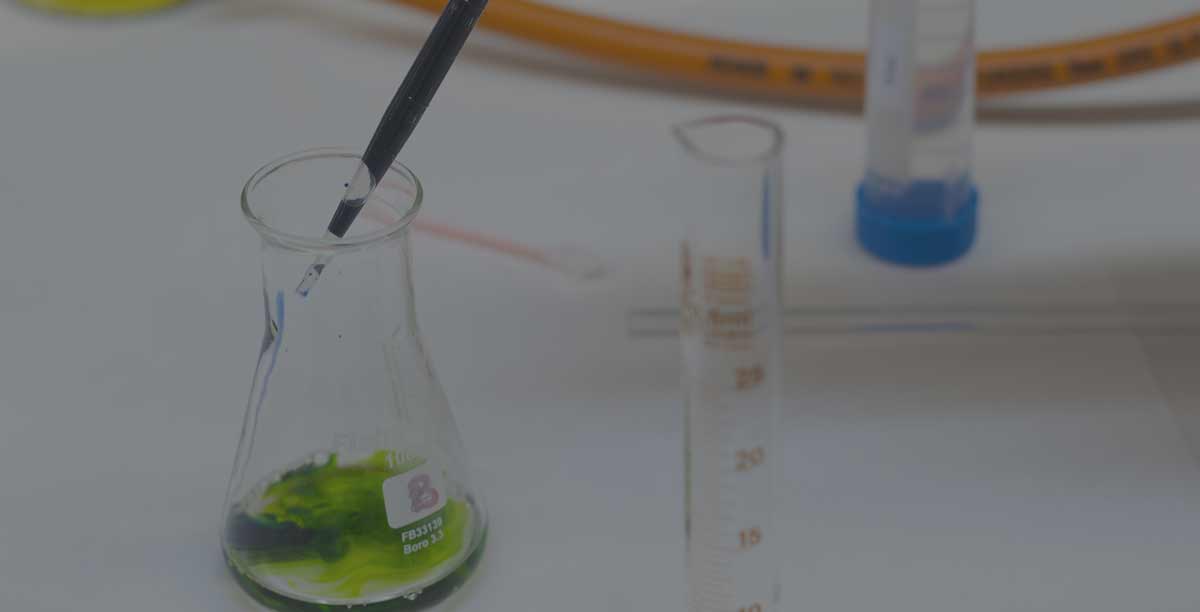Summer Courses
Summer is a time to continue learning in a different, more enjoyable and relaxed way, but always with rigour and approaching the most topical issues.
Consult the range of courses offered by the Science Museum.
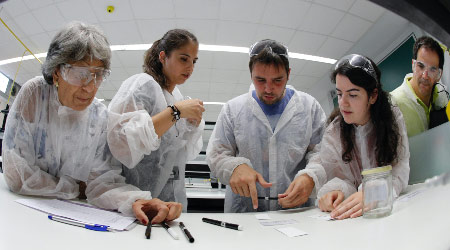
Atomic Escape Room
26-30 August 2019
Escape Games, created in 2007 in Japan, consist of a series of logical puzzles for participants to solve in order to get out of an enclosed space. These escape rooms have become increasingly popular in recent years. In 2012, scientific elements were introduced for the first time as part of the puzzles to be solved.
Taking advantage of the fact that 2019 is the International Year of the Periodic Table, this course aims to bring Physics and Chemistry closer to the general public in an enjoyable and simple way with experimental activities.
-
Public: Aimed at people over the age of 16 who are interested in the field of chemistry; secondary school science teachers.
-
Timetable:
Monday 26 and Tuesday 27 August: from 16:00 to 19:00.
Wednesday 28, Thursday 29 and Friday 30 August: from 15:00 to 19:00
hours *.
*On the 28th and 29th there will be two shifts (two hours each) for the escape room. Each group will attend the one that corresponds to them.
-
Place: Laboratory 012. Science Library Extension Building. University of Navarra.
-
Credits: No.
-
Registration fee: 15 €.
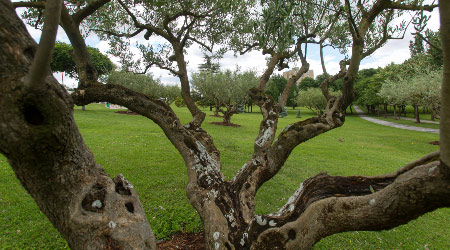
Invaders
5 to 8 August 2019
Invasive species are today one of the main threats to biodiversity on our planet. Native species face numerous human actions on the environment that directly condition their survival, such as habitat loss and degradation. However, to this must be added direct competition with species alien to their ecosystems that have arrived artificially and are successfully expanding outside their natural environment. Invasive species cause significant ecological damage to the systems into which they are introduced and, in many cases, also lead to economic losses in the millions and even serious public health problems.
In this course we aim to show the reality of this problem, focusing on the ecological system as a complex element in which the functioning of species is very difficult to anticipate and whose modification brings with it the imbalances evidenced by the expansion of this type of species. The vertebrate, invertebrate and vascular plant species that we should be most concerned about in our environment, as they cause significant alterations to our terrestrial and freshwater ecosystems, will be detailed.
-
Public: Aimed at people with an interest in nature; family audiences; students of biology and environmental sciences and those interested in studying these careers.
-
Timetable: From 17:00 to 20:00h.
-
Venue: Palacio del Condestable. Pamplona.
-
Credits: No.
-
Registration fee: 15 €.
-
Course programme:
-
Invasive species, what are they and what damage do they cause? Dr. David Galicia.
-
Terrestrial vertebrates. Dr. David Galicia.
-
The freshwater environment. Dr. Rafael Miranda.
-
Exotic flora around us. Dr. Ricardo Ibáñez.
-
Invasive invertebrates, health and environment. Dr. Enrique Baquero.
* Theoretical/practical sessions in the classroom. Last day outing to the Arga river to carry out an electric fishing sampling with the course participants so that they can see invasive species on the spot (this type of fishing does not kill and allows the specimens obtained, after being studied, to be returned to their habitat).
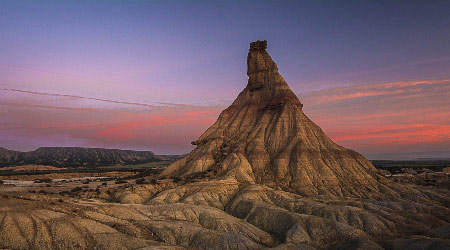
The species we don't see
27 to 30 August 2018
Nearly two million species have already been described and there are still several million more to be discovered. The biodiversity of our planet is enormous, but many of the species that surround us go unnoticed. This course, aimed at a general public with an interest in nature, focuses over four exhibition sessions with practical activities on these underappreciated species that surround us and on those whose presence has been significantly reduced.
The loss of diversity on our planet is proceeding at a rate never before described in the fossil record. This reduction in richness is not only found in the most exotic parts of our planet, but can be seen all around us. In contrast, many other species have recently been incorporated into our ecosystems but few are aware of the detrimental role they play in the conservation of biodiversity in our environment. The aim of the course is to provide a balanced view of the risks we face in the conservation of our biological heritage and the tools with which scientists are trying to combat the dangers of this progression towards extinction.
-
Duration: 12 hours.
-
Venue: Pamplona. Condestable.
-
Credits: No.
-
Registration fee: 15 €.
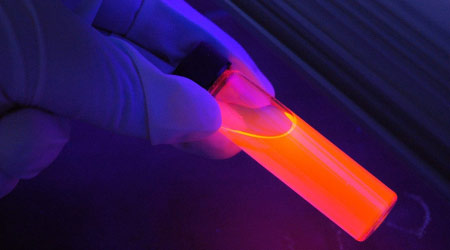
Introduction to forensic science
27 to 31 August 2018
Forensic science applies scientific and technical knowledge to the legal context. The forensic scientist seeks an explanation for the causes of an accident or crime and presents his or her findings in court. The course consists of a series of lectures, including practical activities, aimed at students or graduates in Science, Pharmacy, Environment, Engineering and other related disciplines as well as anyone interested in Forensic Science who has a basic science background.
This course aims to present the basic concepts of Forensic Sciences and discuss a series of cases, through which the main methods of resolution are shown, as well as basic data on legal action. Forensic activity has gained popularity as a consequence of the increasing complexity of today's society, which demands more and more responsibilities and explanations for all kinds of incidents. Various specialists cover aspects such as forensic medicine, toxicology, forensic biology, DNA, ballistics, trace analysis, works of art or environmental forensics.
-
Duration: 15 hours.
-
Venue: Pamplona. Condestable.
-
Credits: No.
-
Registration fee: 15 €.
